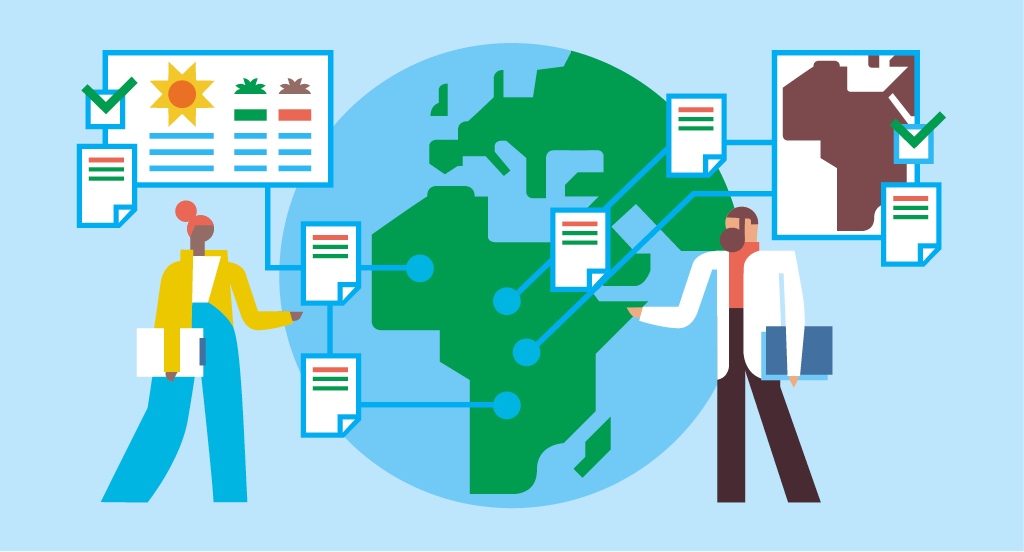Training on the African Drought Atlas Methodology
CAZALAC

About This Course
This short course provides the necessary tools for the development of the African Drought Atlas through the methodology of Regional Frequency Analysis based on L-Moments. The course begins with the concept of drought and various definitions within the field of hydrology. Following this, basic background information on regional frequency analysis is provided, concluding with the incorporation of L-Moments into the procedure.
The course also includes a practical demonstration of a web application designed to create a Drought Atlas tailored for a specific sector.
Course Layout
Drought: Definition and concepts.
- Definitions.
- Types of drought.
- Causes and consequences of drought.
Drought Frequency Analysis: Concepts and Definitions.
- Hydrologic frequency analysis.
- Regional frequency analysis.
Drought Frequency Analysis: A Regional frequency Analysis approach using L-moments (RFA-LM).
- RFA-LM for drought frequency analysis.
- Stage 1: 1: Data sources, prep, screening and Q checking.
- Stage 2: Formation and acceptance of homogeneous sub‐regions.
- Stage 3: Selection of candidate distributions.
- Stage 4: Estimation of distribution parameters and quantiles.
- Stage 5: Mapping.
Application Demostration
- Usage of the Mapping software.
Requirements
College courses in hydrology and basic knowledge of R Programming.
Course Staff

Héctor Maureira-Cortés
Héctor Maureira is part of the Projects Unit at the Water Center for Arid and Semi-Arid Zones in Latin America and the Caribbean. His work involves the use, calibration, and validation of hydrological models, as well as the preparation and analysis of hydrometeorological data. He has implemented tools for drought monitoring in Chile and Peru, and has been involved in initiatives across Latin America and the Caribbean that enhance their management through funding from various international institutions

Pablo Rojas Torres
Pablo Rojas is a Civil Engineer with an MSc in Data Science, boasting over a decade of expertise in the field of water resource management in Chile. He holds extensive experience in hydrological modeling, reservoir management, and the application of data science to water resources.
Frequently Asked Questions
What web browser should I use?
The Open edX platform works best with current versions of Chrome, Edge, Firefox, or Safari.
See our list of supported browsers for the most up-to-date information.
